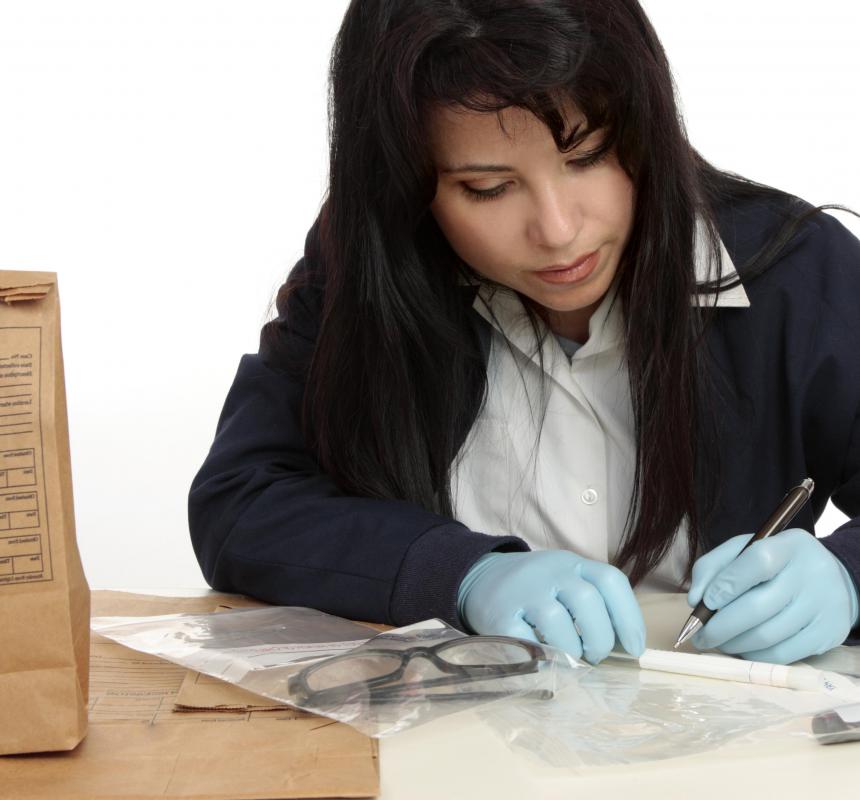At WiseGEEK, we're committed to delivering accurate, trustworthy information. Our expert-authored content is rigorously fact-checked and sourced from credible authorities. Discover how we uphold the highest standards in providing you with reliable knowledge.
What is the Innocence Project?
The Innocence Project is an American legal organization which works to free wrongfully convicted prisoners, usually through using DNA evidence. In the 15 years between its inception in 1992 and 2007, the Innocence Project freed 205 people, and it accrued a large backlog of prisoners waiting for assistance, along with a huge groundswell of support from the legal community. The organization also works to reform the American justice system, to reduce the number of wrongful convictions and to promote equality in the hopes that all Americans will someday be truly equal in the eyes of the law.
Civil rights attorneys Barr Scheck and Peter Neufeld founded the Innocence Project after reading a study by the United States Department of Justice which suggested that the failure rate of the system could be higher than previously imagined. The attorneys were concerned that this failure rate probably impacted more people of color and low income prisoners than anyone else, and they felt that this inequality should be redressed. They hoped that their efforts could lead to more equality in the United States penal system, and that they might be able to save the lives of wrongfully convicted prisoners.

In order to be assisted by the Innocence Project, a candidate must be able to demonstrate that he or she could be freed through DNA evidence. A large team of lawyers evaluates all claims for assistance received by the Innocence Project, focusing particularly on cases with a capital sentence. The project also provides other assistance to inmates, and it focuses on exoneration, not on assisting people who are accused of crimes. Most of the clients of the Innocence Project are low income, and they have often been neglected by the justice system.

The first Innocence Project clinic was established at the Benjamin N. Cardozo School of Law in New York City, but numerous other chapters were founded around the United States. The Innocence Project is especially active in the American South, with chapters like the Georgia Innocence Project actually being supported by the State Bar.
The work of the Innocence Project is supported through a great deal of pro bono work on the part of lawyers and other volunteers, along with donations. It is a non-profit organization, and it actively solicits donations from individuals as well as groups. These donations go to assist with appeal proceedings, and may also be used for the “Life After Innocence” fund. This fund helps recently exonerated prisoners readjust to life as freed men and women.
AS FEATURED ON:
AS FEATURED ON:
















Discussion Comments
black man get 30 years to life. testimony and evidence that the judge read at sentencing not in trial transcripts..
Post your comments